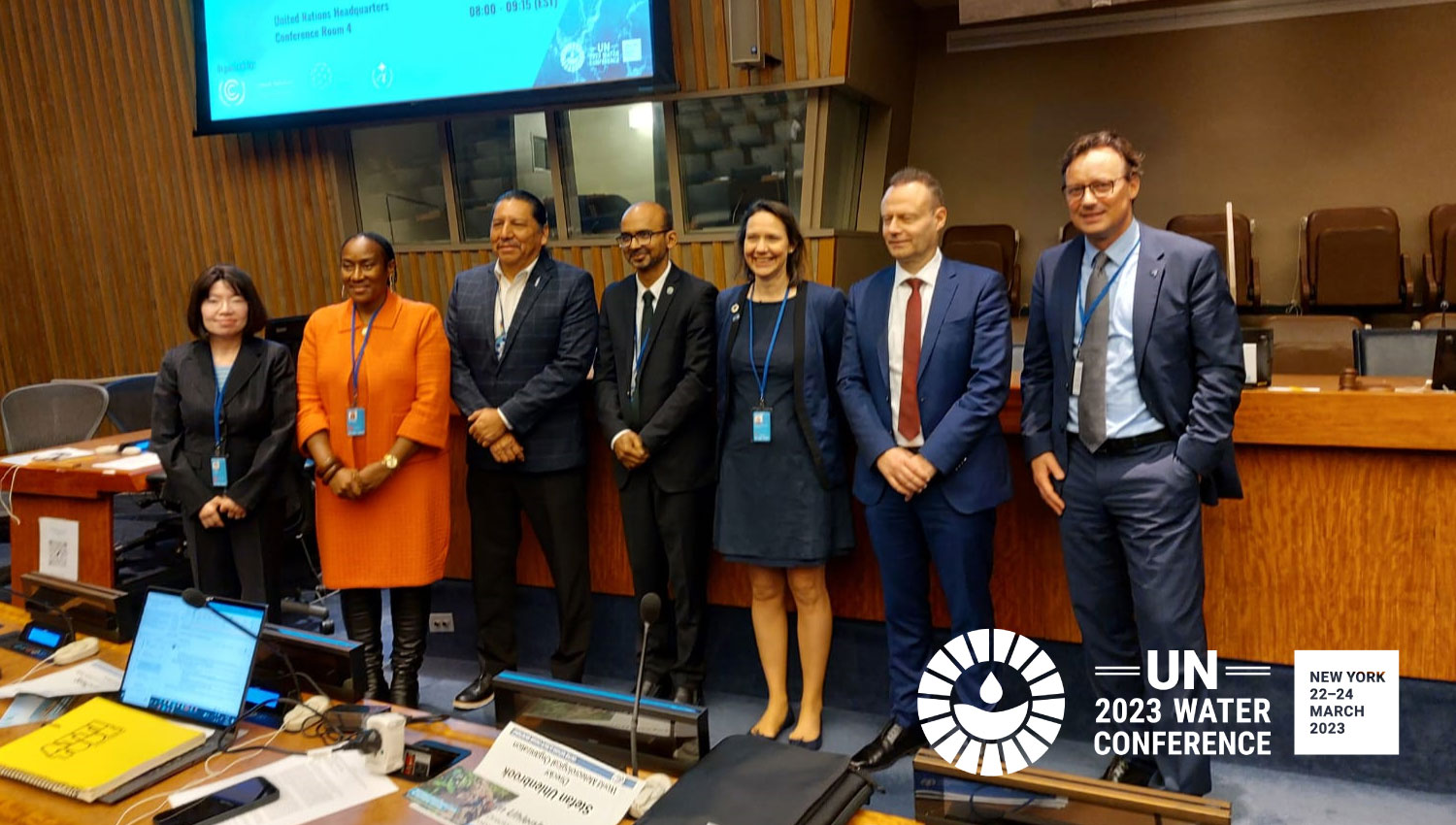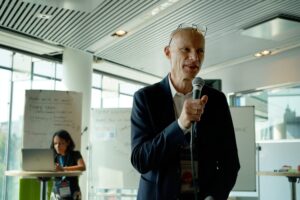From Commitments to Collective Action
“We all need to drive the momentum forward by becoming leaders for change within our own spheres of influence and inspiring others to act. A poly-centric governance system is emerging where action is no longer top-down nor bottom-up, but both need to co-exist and advance together. ”
The Water Action Agenda will also have to be gender transformative. A majority of the planet’s population is female, yet women remain largely marginalized, especially from higher level (water-related) decision-making and planning processes. According to UN Water, involving women can increase the effectiveness of water projects between six and seven times. Also, gender inclusive peace processes have been found to last longer and be more resilient.
Progress will also require solid leadership, not only from a UN Envoy for Water and Sanitation, but leadership and accountability from each of us to assume our shared responsibility for making sure we advance on the Water Action Agenda together. We all need to drive the momentum forward by becoming leaders for change within our own spheres of influence and inspiring others to act. A poly-centric governance system is emerging where action is no longer top-down nor bottom-up, but both need to co-exist and advance together.
At SIWI we stand ready to move the Water Action Agenda forward in collaboration with others through the World Water Week, the Action Platform for Source-to-Sea Management, the Water for Climate Pavilion Collective, and the International Center for Water Cooperation, to name just a few.
As we are reminded by this year’s World Water Day campaign, we can all be the change we wish to see in the world.









